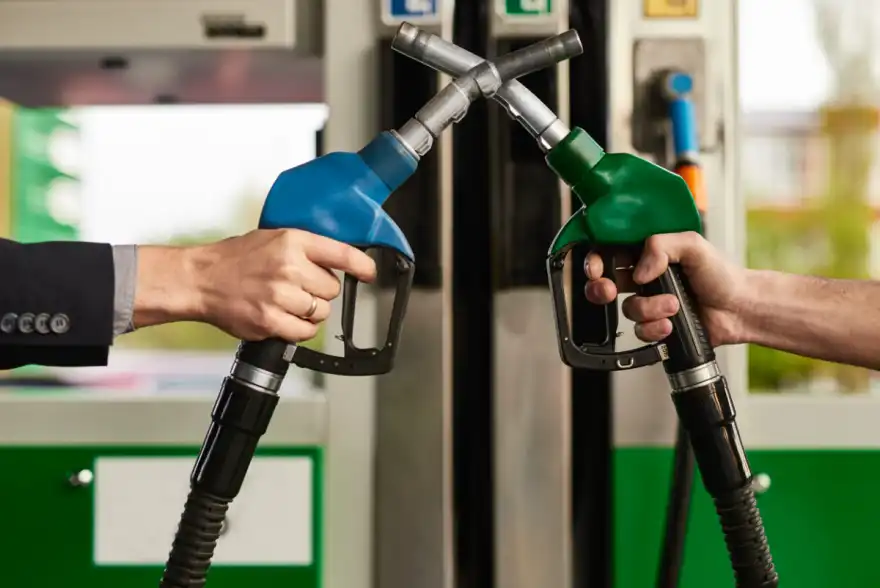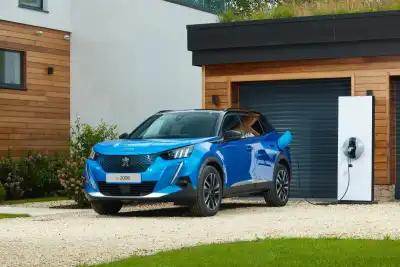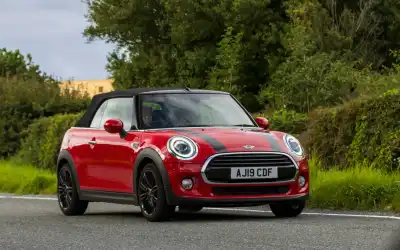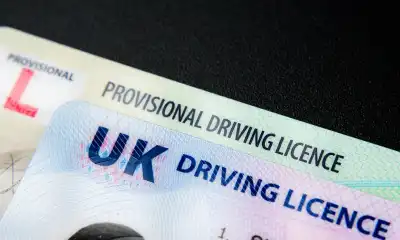
Back in September, the ban on the sale of new petrol and diesel cars was pushed back from 2030 to 2035 with Prime Minister Rishi Sunak announcing that the measure would be part of a move to halt the ‘war on motorists’.
But since there’s now more time to get hold of a new petrol or diesel car, what does it mean for these ‘regular’ models? We’ve been having a look.
What has the industry said?
The announcement was met with quite a lot of criticism from the wider motoring industry with the vast majority of carmakers stating that they would be continuing on the same path as they were before the change to the ban date was made.
Ford was one of the most vocal of all the car makers and stated at the time ‘Our business needs three things from the UK government: ambition, commitment and consistency. A relaxation of 2030 would undermine all three.’
“We need the policy focus trained on bolstering the EV market in the short term and supporting consumers while headwinds are strong: infrastructure remains immature, tariffs loom and cost-of-living is high.”
JLR also said that it was sticking to its plan of becoming an electric-only brand by 2025 and was scaling up its EV production as a result.
Have any other manufacturers changed their planned electric dates?
Like JLR, many other manufacturers have made plans to switch to a fully electric brand. Alfa Romeo, for example, is set to go fully electric from 2025, while even Bentley - which is best known for its huge petrol engines - will go electric-only from 2030, with only electric or hybrid models being sold from 2026 onwards.
As yet, no manufacturer has revised their electrification plans as a result of the pushed-back 2030 new car ban.
Will the production of petrol and diesel cars increase?
Now that there’s an extra five years available, you might think that the production of petrol and diesel vehicles might ramp up. However, it appears that car makers are still focused on electric and hybrid models instead with most increasing production of these models instead.
We’ve also seen a number of ‘core’ petrol and diesel cars killed off lately as firms move funds into electrification areas. Volkswagen, for example, recently called time on its popular Up! city car while Volvo has killed off its range of estate cars as it slimlines its range ahead of going fully electric. Audi has also closed the door on its TT recently, too.
How are prices changing?
We’ve seen used car prices remain remarkably strong recently, with prices only dropping for the first time in three years this month. Used electric vehicles, meanwhile, have been in freefall with some models losing as much as half of their value in just a year according to figures from trade experts Cap HPI.
Will that mean electric car prices could drop while petrol and diesel ones will rise? It could happen, given that demand is likely to spike towards combustion-engined cars prior to their ban. Tesla has recently slashed the price of its Model 3 and Model Y vehicles and it’s likely that the price of new electric vehicles will fall as the technology becomes cheaper to manufacture and parts are more readily available.
What about the zero emissions mandate?
More than a fifth of new cars sold by manufacturers in the UK will need to be zero emissions from next year. The proportion will then increase to 80 per cent in 2030 under rules released as part of the Department for Transport’s zero emissions mandate.
This move hasn’t been affected or edited as a result of the delayed 2030 ban, so manufacturers will still be under increasing pressure to electrify their fleets. This move means that even though the 2030 ban has been pushed back, manufacturers will still need to produce more electric vehicles to avoid fines - so the number of petrol and diesel vehicles in their ranges will naturally decrease.




